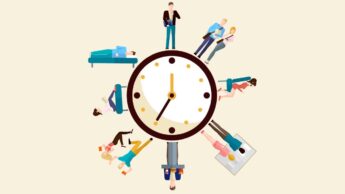Numerous financial gurus have been cautioning Americans to prepare for a recession for several months. Whether or not they are correct cannot be determined with confidence. However, there are reasons to think that our economy may be about to fall.
Currently, inflation is out of control, and the Federal Reserve is attempting to calm it down by raising interest rates. According to the theory, consumers would begin to reduce their spending if borrowing becomes more expensive.
Why good credit matters during a recession:
The unemployment rate might increase during a recession. Additionally, if you work in a sector that is particularly susceptible to layoffs during a recession, such as retail or hospitality, you may unjustly lose your job as a result of worsening economic conditions.
At that time, it’s possible that your unemployment benefits won’t give you nearly enough money to pay your bills. Additionally, if you find yourself out of a job for a long period of time, your savings may be lost.
How to boost your credit score:
It takes work to raise your credit score, but if you put in the time and effort, you could notice a significant improvement. Pay all of your incoming invoices on schedule to achieve this. Your credit score might be severely damaged by a single missing or late payment, but it could be positively impacted by a trend of repeated on-time payments.
In addition, if you can pay off part of your current credit card debt, do so. Your credit usage ratio will decline as a result, which will raise your rating.
Lastly, look for mistakes in your credit report. If you find an error, such as a past-due bill you’ve subsequently paid off, having it fixed might cause your score to climb a little bit soon.
Also Read: Has Sri Lanka Declared An Economic Emergency? Know More





